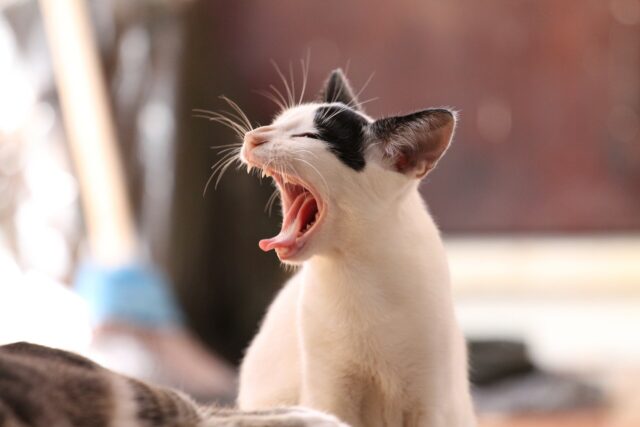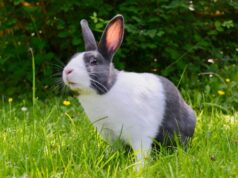The research, “My Cat and Me-a Study of Cat Owner Perceptions of Their Bond and Relationship,” has examined the behavior of pet cats to understand what it means about their relationship with their owner. The study reveals that cats form close emotional relationships with humans. The type of cat-owner bond is a product of the dynamic between both individuals involved, along with their certain personality features.
Co-dependent and clingy or casual and aloof—a new study has examined the behavior of pet cats to understand what it means about their relationship with their owner, and the research suggests it’s a two-way street!
The research, “My Cat and Me—a Study of Cat Owner Perceptions of Their Bond and Relationship,” by academics at the University of Lincoln, UK, involved nearly 4000 owners responding to a series of statements about their own behavior and that of their pet.
In addition to the research, the University of Lincoln has launched a new interactive quiz on its website so cat owners can find out what kind of relationship they have with their feline companions.

Despite the cat’s popularity as a pet, little is known about its bond and relationship with owners. The study identifies and characterizes the different types of relationship which cats might establish with their owners by using human attachment and social support theories.
Find your dream job in the space industry. Check our Space Job Board »
The questionnaire, available as part of the interactive quiz, was developed to gather information regarding different emotional elements that could underpin the relationship. These included the cat’s potential perception of the owner as a secure base in a home, the owner’s level of engagement with the cat, their sensitivity to the cat’s needs and the consistency of the owner’s interactions with the cat.
Five distinct forms of cat-owner relationship were identified. These relationships are what people might categorize as: ‘Open relationship’, ‘Remote association’, ‘Casual relationship’, ‘Co-dependence’ and ‘Friendship’.
Professor Daniel Mills, animal behavioral specialist at the University of Lincoln, said: “Cats form close emotional relationships with humans, yet little is actually known about this. As with any complex social relationship, the type of cat-owner bond is a product of the dynamic between both individuals involved, along with their certain personality features.
“While many cats may be aloof, it seems that this is not as common as might be portrayed. The wider sociability of the cat and owner expectations may be significant, and the owner’s level of emotional investment in the cat and the cat’s sociability appear to be particularly important in discriminating what type of relationship they have together.”
The ‘open relationship bond’ was characterized by a lightly emotionally invested owner and an avoidant cat. The ‘Remote association’ and ‘Casual relationship’ involved a relatively emotionally-distant owner but the cat’s acceptance of other people varied. The ‘Co-dependent’ and ‘Friendship’ relationship had emotionally invested owners but again the cat’s acceptance of others varied, as well as the need for the cat to stay close to its owner.
It is hoped the research will improve understanding of owner relationships with cats and pave the way to better pet care more generally.











